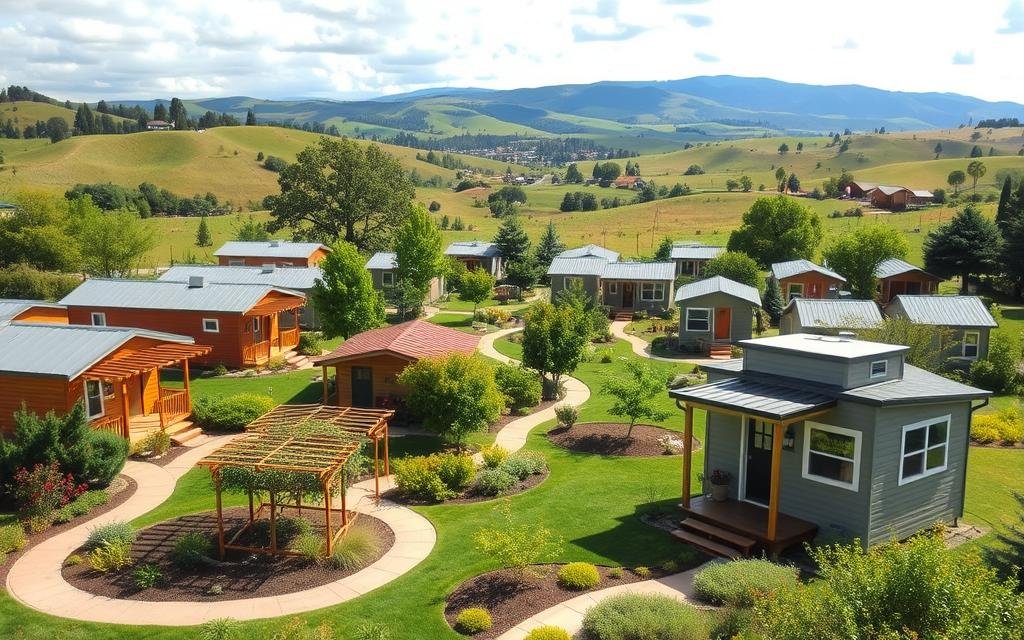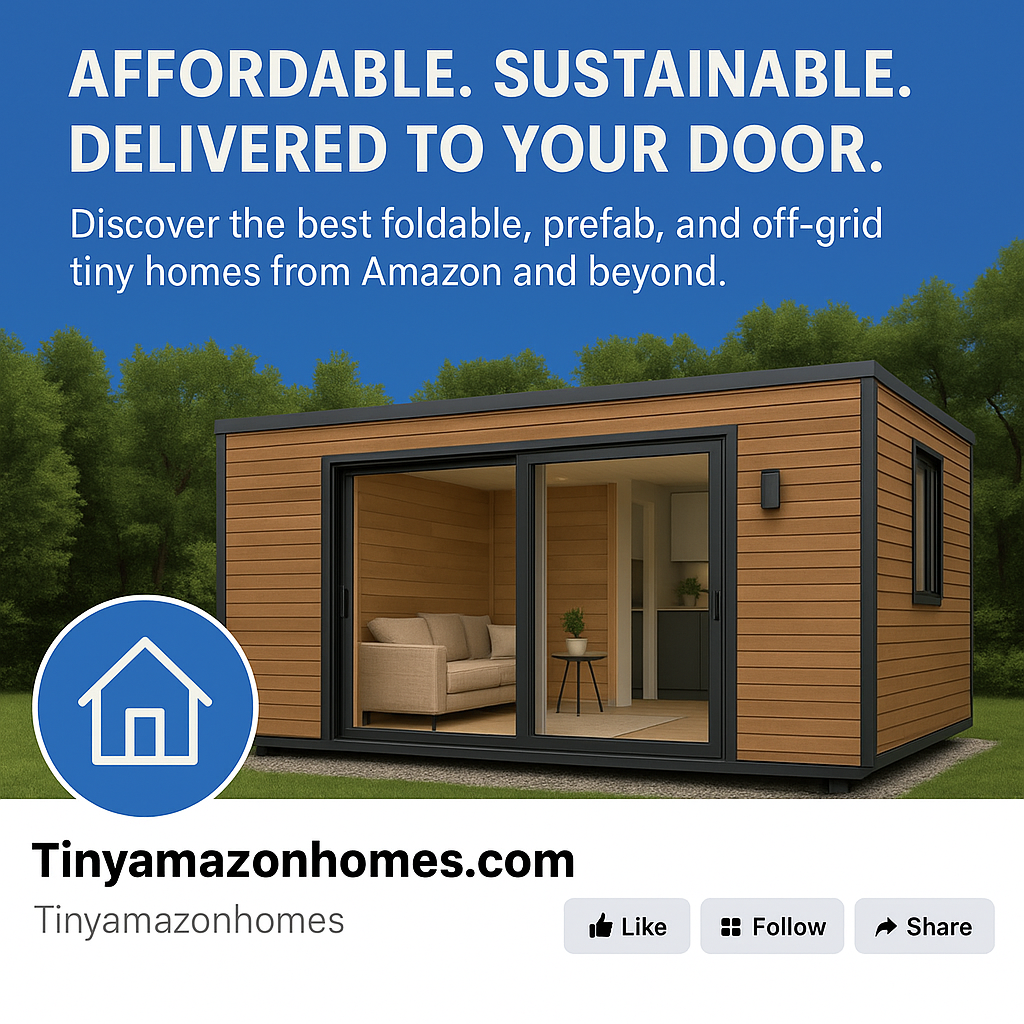The U.S. Department of Housing and Urban Development (HUD) has given a big grant of $65 million. This money will help grow tiny home communities. The goal is to give homes to veterans and families without one.
Cities like Detroit and Portland will get this money first. They will use it to make homes affordable for those without one. This is a big step in fighting homelessness in the U.S.
This move could really help the homeless situation.
Key Takeaways
- HUD has announced $65 million in grants to expand tiny home communities.
- The grants aim to provide shelter for unhoused veterans and families.
- Cities like Detroit and Portland are among the first recipients.
- The initiative is part of the government’s efforts to combat homelessness.
- The grant program will create affordable housing options.
Federal Funding Boost for Homelessness Tiny Home Villages: HUD’s $65M Initiative
HUD has launched a $65 million grant program to support tiny home villages. This is a new way to tackle homelessness in the U.S. It’s a big step towards offering affordable housing options and homeless shelter alternatives.
Details of the Grant Program
The grant program supports tiny home villages with comprehensive help. It covers infrastructure, services, and operational costs. This ensures these communities can help their residents well.
By backing government support for tiny home villages, HUD tackles the need for affordable housing. The program is flexible, letting communities customize their projects. This flexibility is key in meeting the varied challenges of homelessness.
Target Beneficiaries: Veterans and Families
The main focus of this initiative is on veterans and families without homes. They will get first chance at living in these tiny home communities. This effort aims to greatly reduce homelessness among the most at-risk groups.
Companies like National Corporate Housing are also fighting homelessness. They do this through corporate social responsibility, like giving hygiene items to the homeless. Their work goes hand in hand with HUD’s grant program, helping tackle homelessness from all angles.
Tiny Home Communities as Homeless Housing Solutions

The rise of tiny home communities is changing how we tackle homelessness in the U.S. These communities offer a safe, supportive place for those in need. They serve as a good alternative to traditional housing.
Detroit’s Tiny Home Community Development
Detroit is leading in tiny home community development. The city aims to create affordable, sustainable housing. It’s using federal grants to build tiny home villages.
Key Features of Detroit’s Tiny Home Communities:
- Affordable housing for low-income people and families
- Green building and energy-saving designs
- Help with counseling and job training
Portland’s Approach to Homeless Housing
Portland is also making progress with tiny home communities. The city focuses on building a community and offering support services.
“Tiny home communities offer a unique chance to provide safe, supportive housing. By combining affordable housing with support, we help people rebuild their lives”
Selection Criteria and Future Recipient Cities
The HUD grant program has strict selection criteria. It looks for cities committed to solving homelessness. As more cities join, learning from the first ones is key. Each community’s needs must be considered.
| City | Grant Amount | Key Features |
|---|---|---|
| Detroit | $10 million | Sustainable building practices, supportive services |
| Portland | $15 million | Community engagement, wraparound services |
| Future Recipient Cities | TBD | Adaptation of successful models, community-specific approaches |
As funding for tiny home communities grows, more U.S. cities can find new solutions to homelessness. By learning from Detroit and Portland, future cities can build effective, lasting tiny home communities. These communities will greatly improve the lives of their residents.
Conclusion: Impact and Future of Tiny Home Solutions
The HUD grant program is a big step towards solving homelessness. Tiny home villages are key in low-income housing efforts. They offer affordable homes to those in need, aiming to change communities for the better.
The Georgetown City Council’s debate shows the challenges in tackling homelessness. It’s clear we need many strategies. As the HUD grant program grows, learning from early successes is crucial. This way, we can tailor solutions to fit each community’s needs.
The outlook for tiny homes is bright. They are proving to be a good solution for affordable housing. By backing programs like the HUD grant, we can create a more effective way to fight homelessness.
